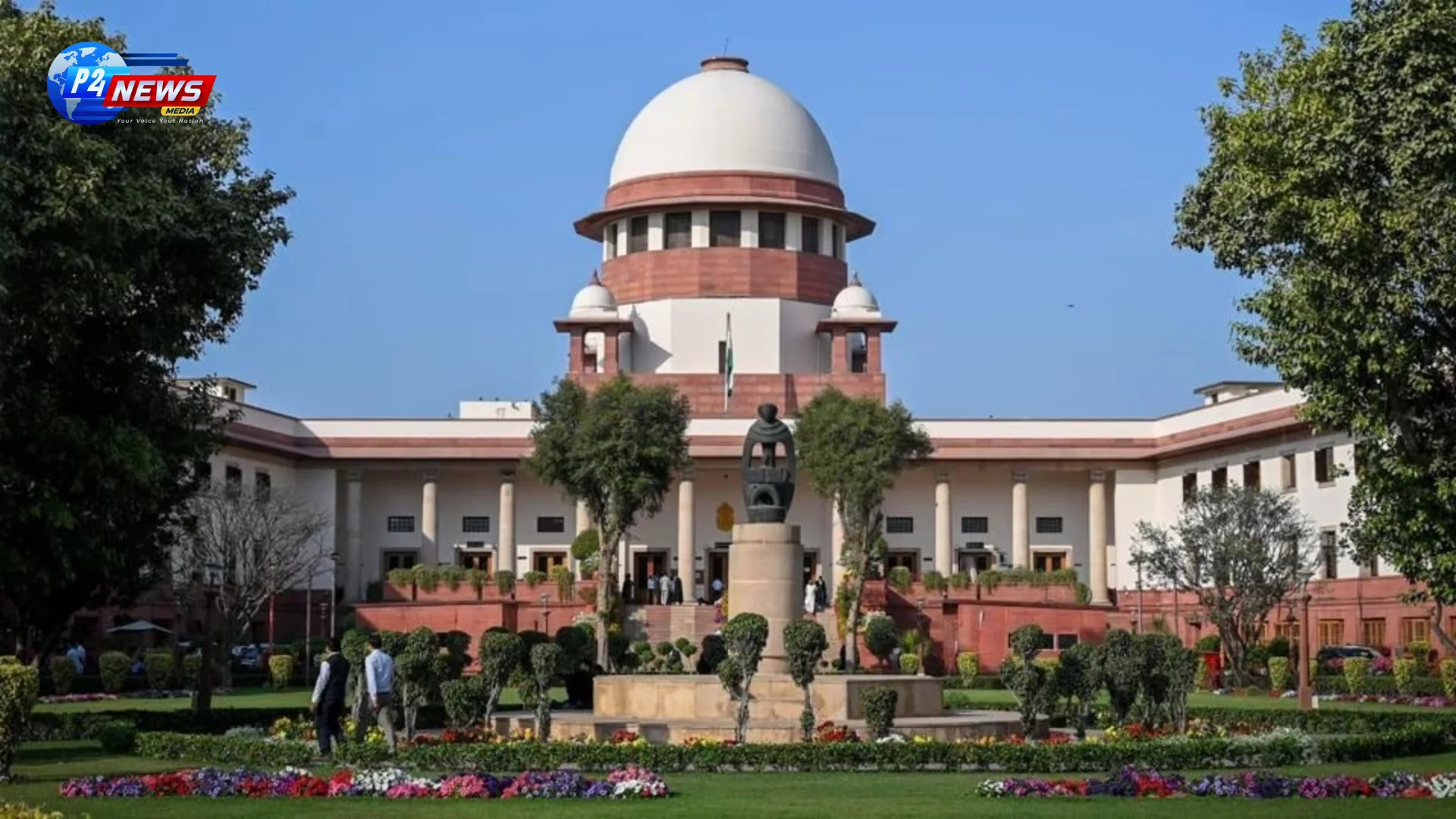The Supreme Court has put a hold on all legal actions related to mosque surveys aimed at uncovering potential temple foundations, pending a decision on the Places of Worship Act. On Thursday.
The Supreme Court has put a hold on all legal actions related to mosque surveys aimed at uncovering potential temple foundations, pending a decision on the Places of Worship Act. On Thursday.
The Supreme Court's recent decision to halt all lawsuits regarding mosque surveys comes amidst mounting pressures from various Hindu groups seeking to reclaim historical temple sites. This legal pause, aimed at examining the Places of Worship Act of 1991, illustrates the complex interplay between law and religion in India. The Court has enforced a directive that limits the ability of lower courts to engage with these legal challenges as they await further instructions from the apex court.
This significant order, delivered by a special bench led by Chief Justice Sanjiv Khanna, emphasizes the necessity for lower courts to refrain from any actions that may impede the Supreme Court's examination of the existing law. The directive explicitly states that while new lawsuits may be filed, they will not be registered, and no proceedings will take place until the Court issues new orders. This measure aims to maintain judiciary integrity and avoid overlapping rulings while the matter is still being considered in higher courts.
In recent years, there has been a notable increase in litigation as Hindu factions assert their claims over sites believed to have ancient temple structures. The legal implications of such assertions have led to various court cases sprouting up in both district and high courts. The growing trend of litigation has raised concerns regarding communal harmony and the historical context of these religious disputes.
Given the delicate nature of the subject matter, the Supreme Court has taken a careful approach in its ruling. By halting all proceedings, the Court has sought to provide a pause for reflection on the implications of the Places of Worship Act, which was instituted to maintain the secular fabric of the nation by preventing alterations to the status of religious places as they were on August 15, 1947.
The Court's directive has been set to review the ongoing legal challenges on February 17, 2025, allowing ample time for the judiciary to deliberate on the matters raised by the Places of Worship Act. All eyes will be on this upcoming date as it may shape future legal discourse regarding religious site claims in India. The Court's caution in handling such sensitive issues underscores its pivotal role in balancing constitutional law and religious values.
The ongoing saga of mandir-masjid disputes reflects a broader narrative concerning religious identity and legal authority within India. The Supreme Court's recent ruling is a significant step in addressing these intertwined issues, and its outcome may influence similar cases in the future. As the legal landscape evolves, the implications of these cases will demand careful scrutiny from both legal experts and the public.
Like
Dislike
Love
Angry
Sad
Funny
Pray
'Trump Tracker: Tulsi Gabbard's Surprising Appointment as US Intelligence Chief
November 14, 20249th Ayurveda Day in Melbourne: A Celebration of Ayurvedic Innovations and Global Health Impact
November 10, 2024🍪 We Value Your Privacy and Experience Hi there! We use cookies to enhance your browsing experience, provide personalized content, and analyze site traffic. By continuing to use our site, you consent to our use of cookies.







Comments 0